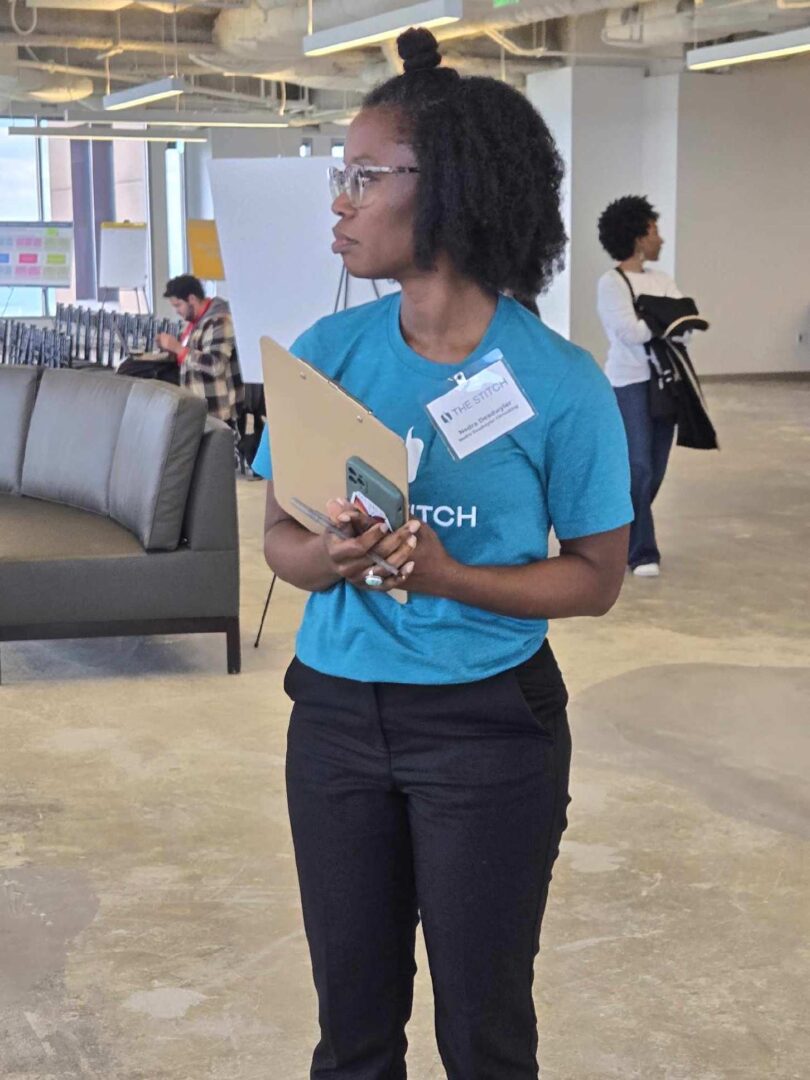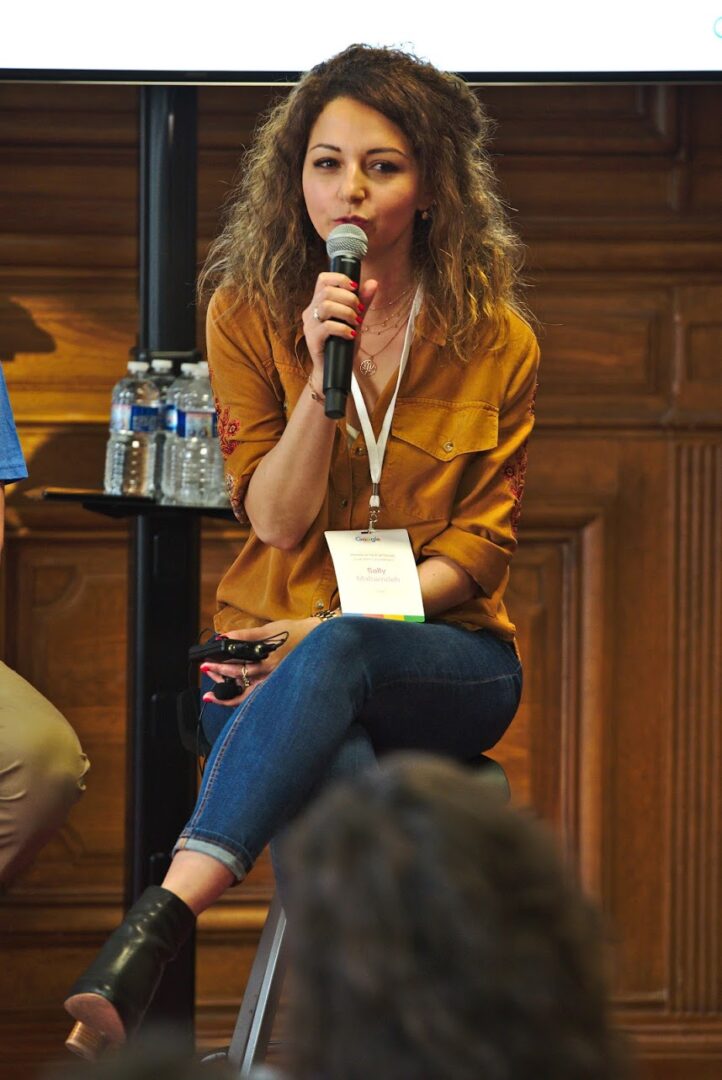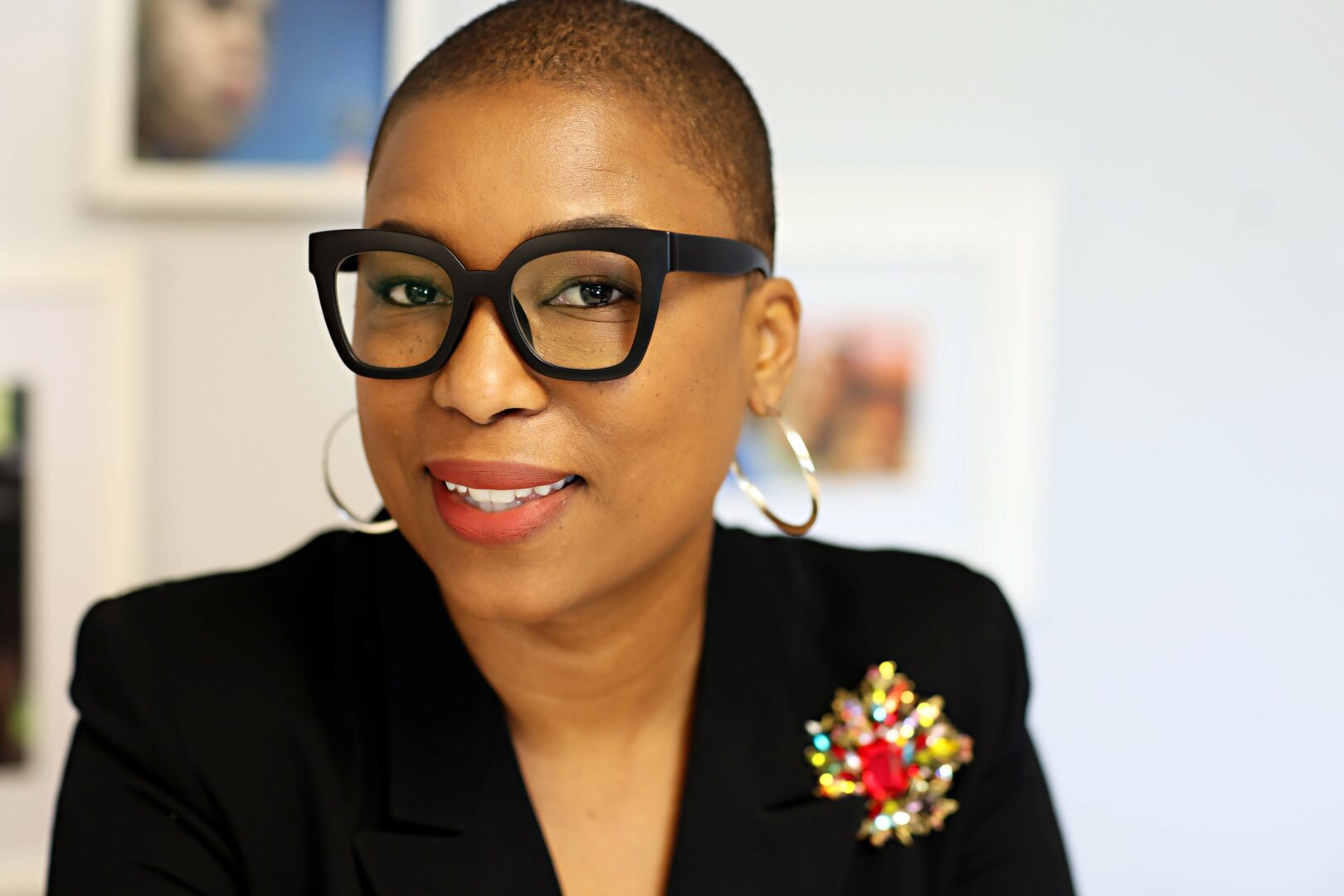Between Hustle Culture, Work-From-Home, and other trends and changes in the work and business culture, we’ve seen a large rise in burnout within the community and so we’ve become very interested in hosting conversations around how folks can avoid or overcome burnout.
Nedra Deadwyler

Right now in public discourse, our current conversation is not around burnout. As a collective we are trying to find ground and develop, fortify, and implement mutual networks of support to make our communities more resilient and able to surmount destructive federal mandates by way of Executive Orders. Overcoming burnout is building resiliency as both require efforts to deepen connections of care. I have burned out throughout my career(s). As a social worker due to health challenges and rising costs of living, I moved across the country leaving social work for the first time. I did so without a plan. The desperation I felt was palatable and I did not have the language for the vicarious trauma I experienced from living through September 11th in New York City, the impacts in my community i.e. increase in a militarized police, and harm experiened by the young people I worked with from homelessness, abuse, violence, and loss of safety. It took meeting another social worker while living in Seattle, who informed me of vicarious trauma. Read more>>
Sally Mahamdeh

In 2022, I burnt out. I stepped out of a high-paying job at Google. I had just returned from a seven-month maternity leave, completed a coaching degree, and hadn’t fully acknowledged the changes in my life. Read more>>
Dequan Walker

Prioritize downtime. Being that I am a full time entrepreneur, I can’t afford to be burnt out because one of my businesses may suffer. I plan my weeks and days out to understand where my busy periods are and when I can give myself some time to breathe, think, or do nothing. Read more>>










